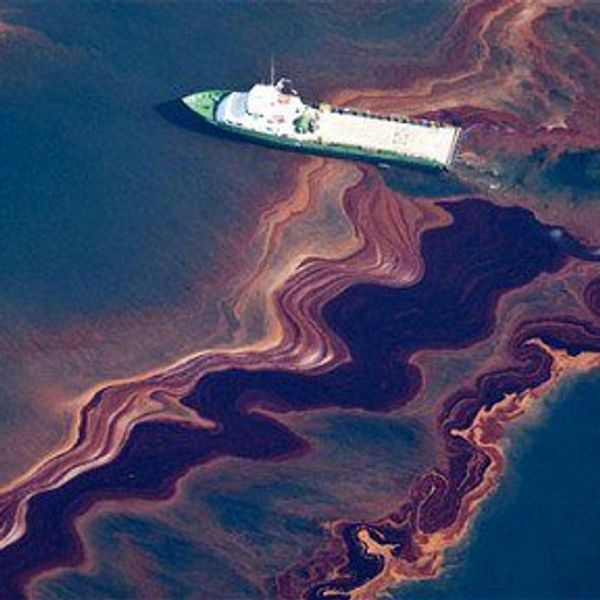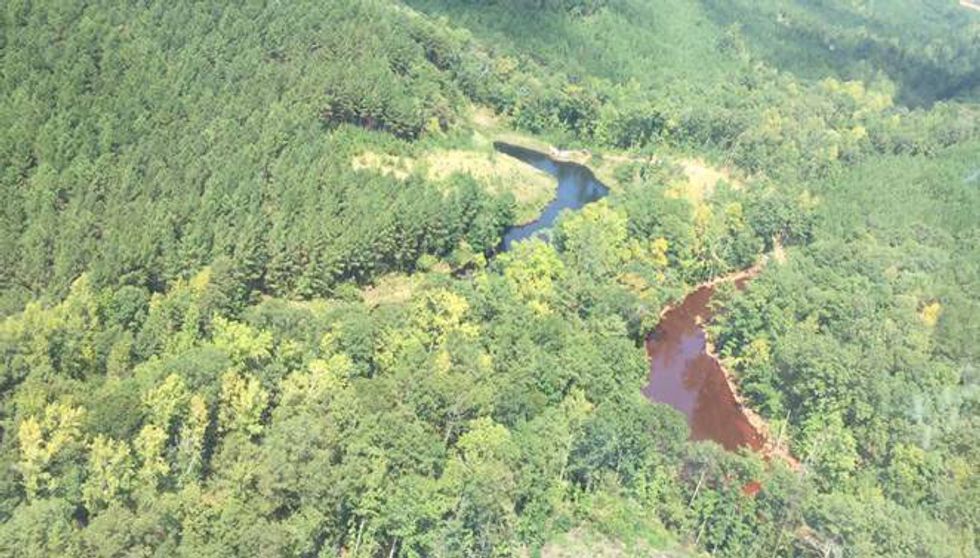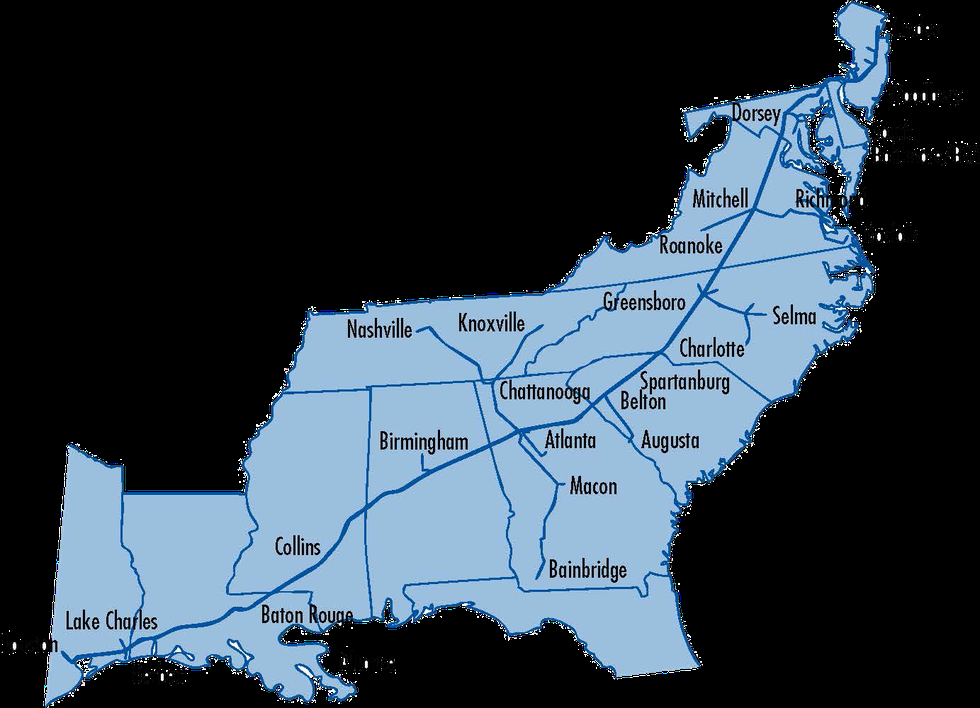On Thursday, September 18th, Georgia and five other states along the east coast declared a state of emergency. But do you know why?
On September 9th, it was released that the Colonial Pipeline was leaking gasoline. A currently estimated amount of 336,000 gallons of gasoline was leaking along the pipeline in Shelby County, Alabama, just south of Birmingham. The leak, and following state of emergency, caused panic in the south east. Predictably, we all fled to gas stations, draining every QuickTrip and RaceTrac to be found.
The Colonial Pipeline, which runs from Houston to New York, was shut down. Clean up has been slow, as gas fumes are at levels that could be dangerous for human workers. The states of emergency in six states are intended to prepare effected areas for gas shortages; trucks will be allowed to deliver more gas and drivers allowed to work overtime.
Despite the fact that this is the largest gas spill by this pipeline since 1996 – and is actually larger than the recent oil spill by Shell this summer – national news coverage has been slim. This is probably due to the ongoing protests of the construction of the Dakota Access Pipeline.
The more concerning part of the leak is the lasting effect our oil consumption is having on the environment. In North Dakota, Native American tribes, specifically Standing Rock, a Sioux tribe, are concerned over the effects the pipeline could have on their lands. The pipeline is even meant to run through one of the tribe’s burial grounds. If there were ever any leaks along the pipeline, surrounding water sources and sacred lands could be contaminated.
While the Colonial Pipeline leak isn’t expected to reach the Cahaba River, which is home to many threatened or endangered species, the spill is a reminder of the consequences of building these pipelines across our country. There are arguments for the benefits of the pipeline, but it must be acknowledged that every form of oil transportation has its risks.
As President Obama spent the month protecting areas of land and ocean and speaking on climate change, it seems as though the universe may be trying to tell us something with this most recent leak. Why wait until we run completely out of oil to begin addressing our dependence on oil? It’s inevitable that it will happen, and oil spills and leaks continue to seriously hurt our environment. Why not begin to find an alternative and renewable fuel source?
Cleanup and repairs on the Colonial Pipeline are already underway, and the pipeline is expected to resume normal function sometime this week, but this event will definitely add fuel to the fire of the Dakota Access Pipeline protests. If covered by national news sources, this would definitely spur discussion on the future of our fuel consumption.























